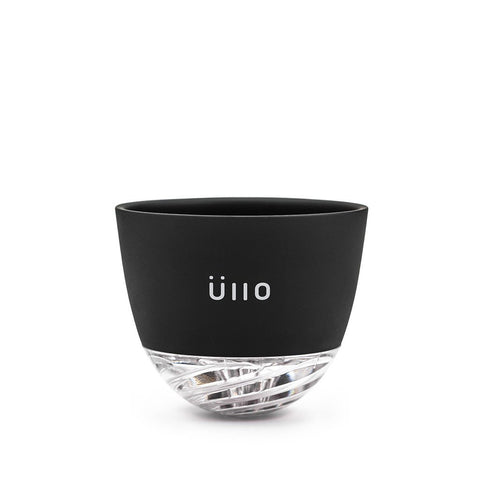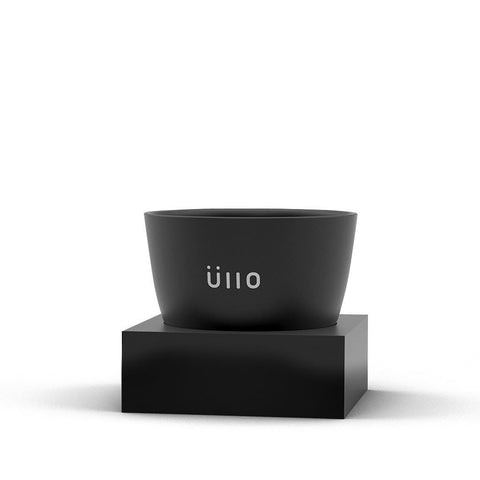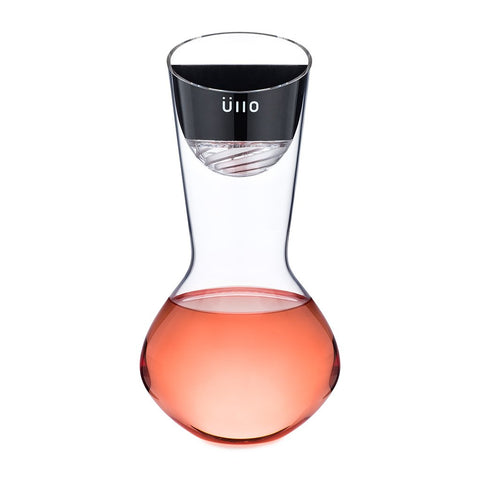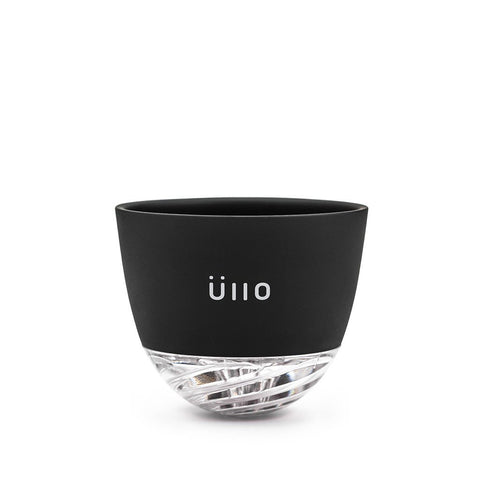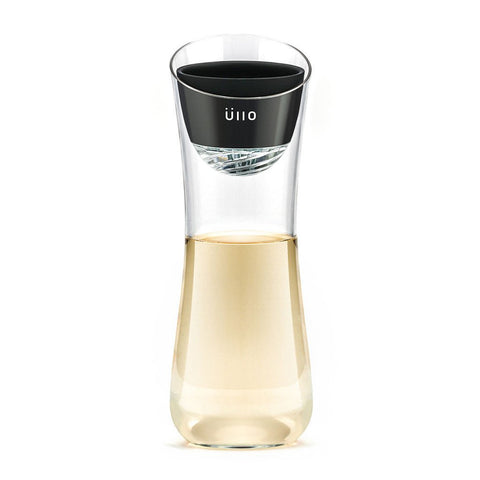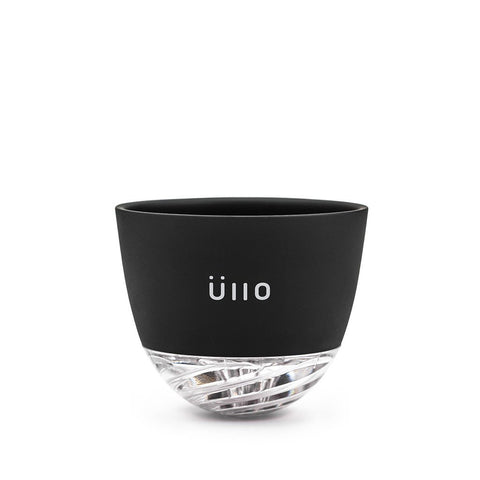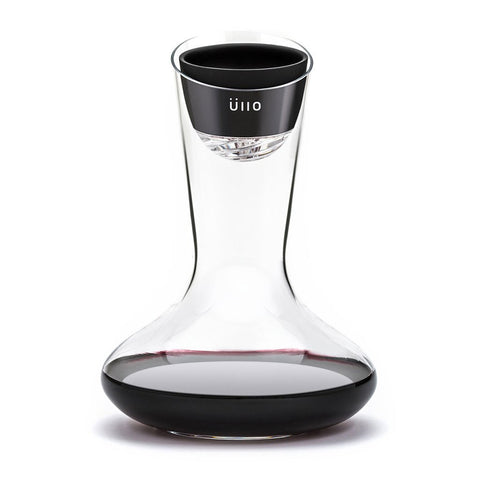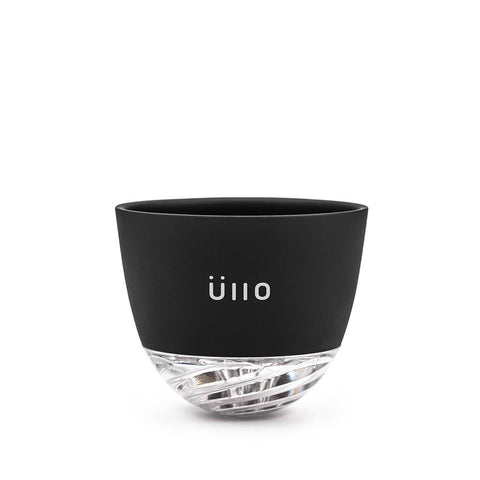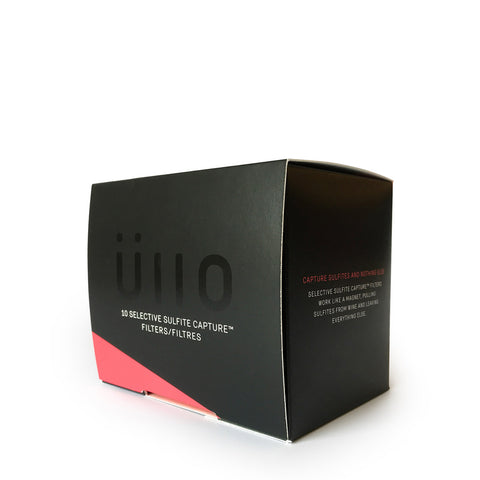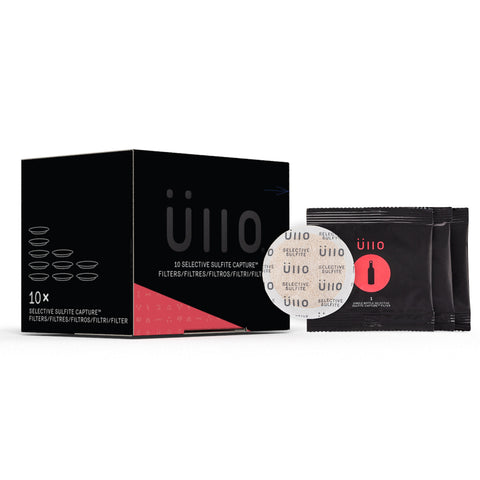Why Decant Wine?

By now we’ve probably all heard or read somebody wax poetically about decanting a fine red wine, but does decanting need to be that involved? The short answer is no. Decanting is simply the act of opening a bottle of wine to air, but if you want to get the most out of every bottle there are a few more things to think about.
Most wines are preserved with artificial sulphites, which prevent a wine’s fruit flavors and aromas from developing by preventing unwanted reactions with oxygen. Once you open the bottle though, a little bit of oxygen will accentuate a wine’s flavors and aromas. If you plan to enjoy a robust young wine, give it a good decanting in a wide shallow decanter. How long to decant a wine is a topic for another day, but keep in mind, the wider the decanter, the faster this process. The Üllo red wine decanter, which is designed with a wide base, allows for more wine to be exposed to oxygen. This interface of wine and atmosphere allows oxygen to react with the wines phenolics (think tannins, pigmented tannins, and anthocyanins) which help develop the wine’s complexity via fast-acting reactions that literally change the composition of the wine and let it come alive!
Another time that you’ll want to decant is when you’re opening a vintage port or a mature red wine. These wines will often develop sediment as they age in the bottle. While harmless, sediment can have a bitter or astringent flavor and have a texture similar to sand. Look to see if there is sediment in the bottle and if there is you’ll want to decant the wine completely so that the sediment stays in the bottle and not in your glass.
Finally, don’t be afraid to trust your palate. There’s no hard and fast rule that determines whether you should decant or not or for how long. If you know you like more aeration then grab your decanter, carafe, or jug and start pulling some corks!
Cheers!










